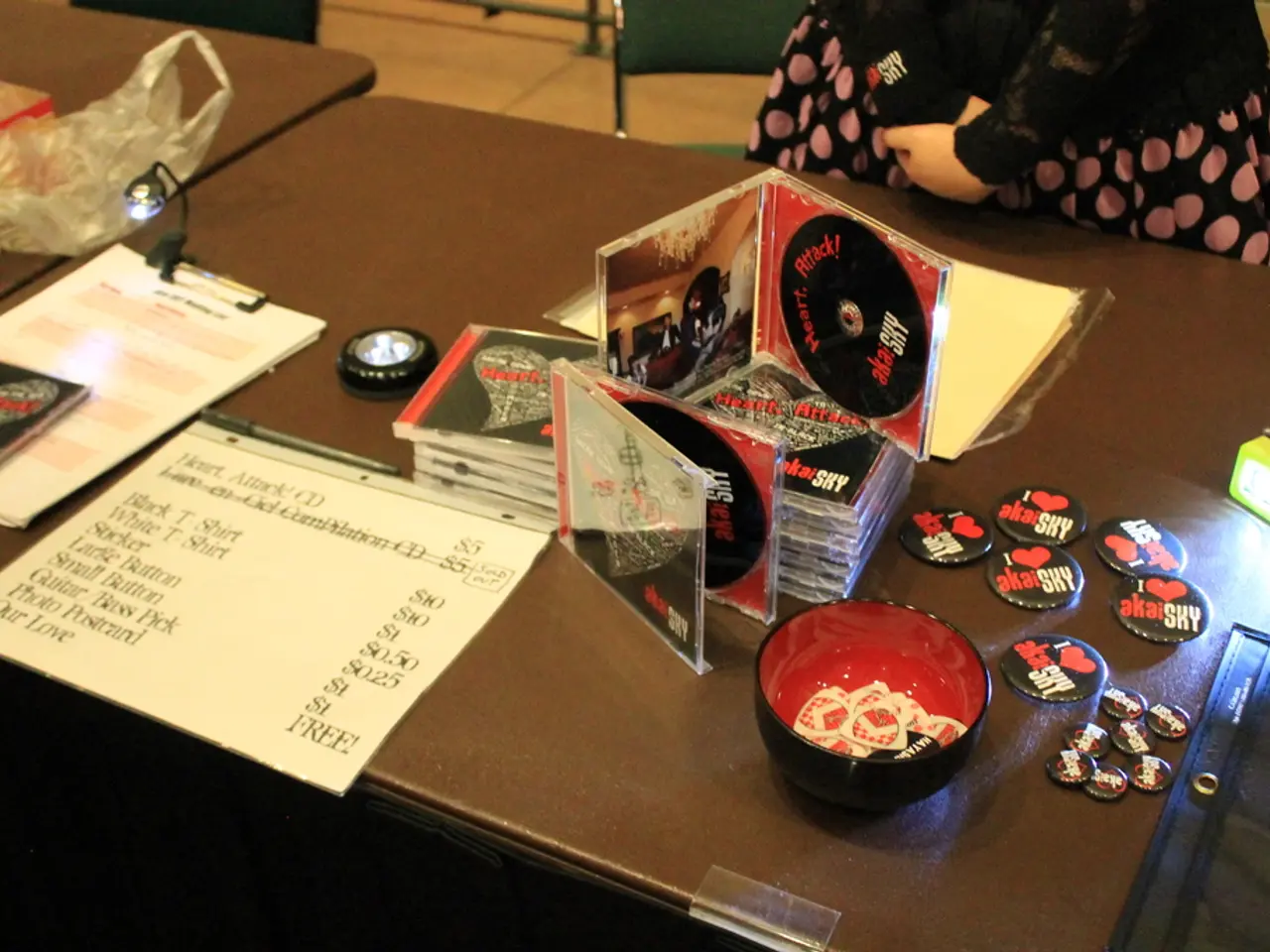Essential Purchases for Boosted Happiness Suggested by Neuroscience Research
In the pursuit of happiness, many of us often turn to material possessions, believing they will bring us joy and fulfillment. However, recent research in neuroscience suggests that the most effective way to increase life satisfaction is by spending money in a different way - on others and experiences that foster relationships and connection.
According to the science of happiness spending, purchases that save time, create experiences, help others, match personalities, and strengthen relationships outperform material accumulation in generating lasting well-being [1][4]. For instance, creative individuals may find deep satisfaction in purchasing art supplies or musical instruments, while athletic people might derive lasting happiness from sports equipment.
One of the most significant findings is that spending money on close friends or loved ones increases happiness significantly more than spending the same amount on oneself or on acquaintances [2]. This is due to social bonding and communal norms that reduce feelings of obligation or repayment expectations. Altruistic spending activates brain areas tied to reward and well-being, producing emotional benefits and improving physical health outcomes [1].
Experiences shared with close others, such as paying for a friend at the movies, enhance happiness because they strengthen meaningful social connection, which is a key element underlying life satisfaction [2]. Research across cultures also finds that generosity, family relationships, and social connection correlate strongly with perceived meaning and happiness in life [4].
In contrast, spending on material items for oneself tends to produce less sustained happiness, likely because the brain's reward from possessions habituates or declines over time.
Based on these findings, the most effective strategies for spending money to increase life satisfaction are:
- Spend on others rather than oneself to activate rewarding generosity pathways.
- Invest in experiences involving close friends or family to strengthen social bonds.
- Focus on meaningful and purposeful expenditures that foster connection, rather than material accumulation.
These approaches leverage both psychological and neural mechanisms of happiness and fulfillment [1][2][4]. By shifting our focus from material possessions to experiences and relationships, we can potentially lead happier, more satisfying lives.
[1] Norton, M. I., Mazar, N., & Ariely, D. (2007). Building Better Humans: What We Can Learn from the Happiness Advantage. Harvard Business Review, 85(12), 104-112.
[2] Dunn, E. W., Aknin, L. B., & Norton, M. I. (2008). Spending Money on Others Promotes Happiness. Science, 319(5867), 1687-1688.
[4] Lyubomirsky, S., Sheldon, K. M., & Schkade, D. V. (2005). Pursuing Happiness: The Architecture of Sustainable Change. Review of General Psychology, 9(1), 111-131.
- To foster the pathways of generosity and increase life satisfaction, consider investing in the well-being of others instead of focusing on personal acquisitions.
- Enhance meaning and happiness by spending money on shared experiences or events with close friends and family members, as these can significantly strengthen social bonds.
- Prioritize expenditures that contribute to personal growth, relationships, and connection, rather than purely material possessions, as they are more likely to generate lasting well-being.




